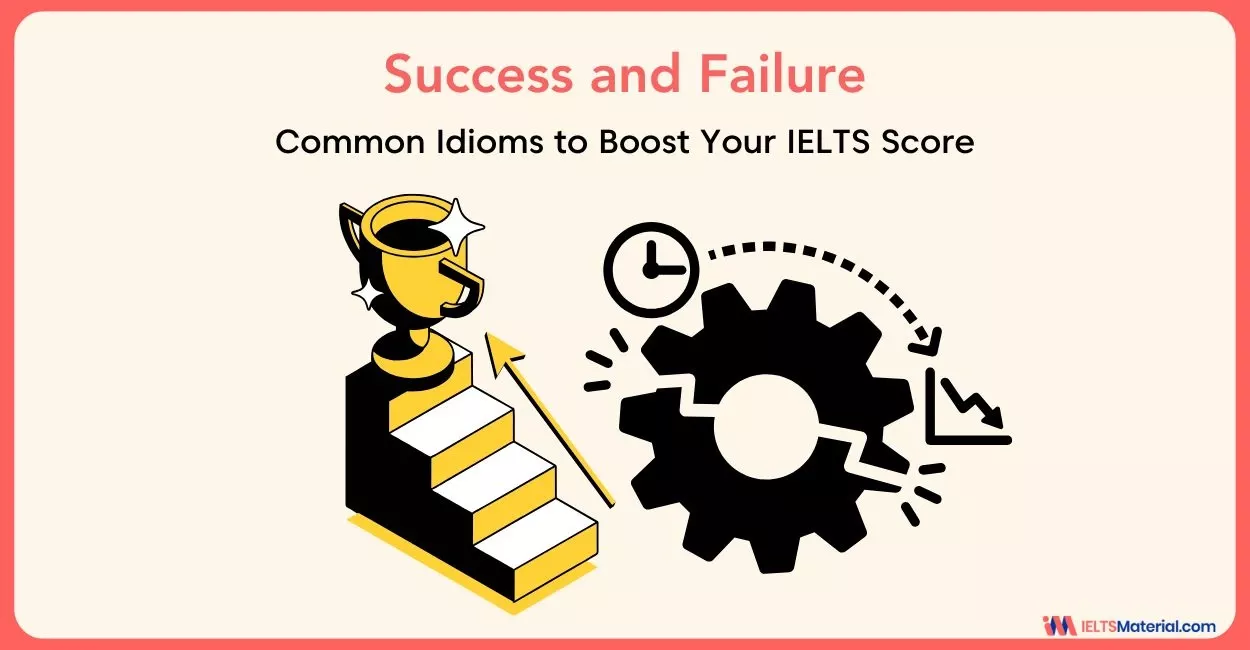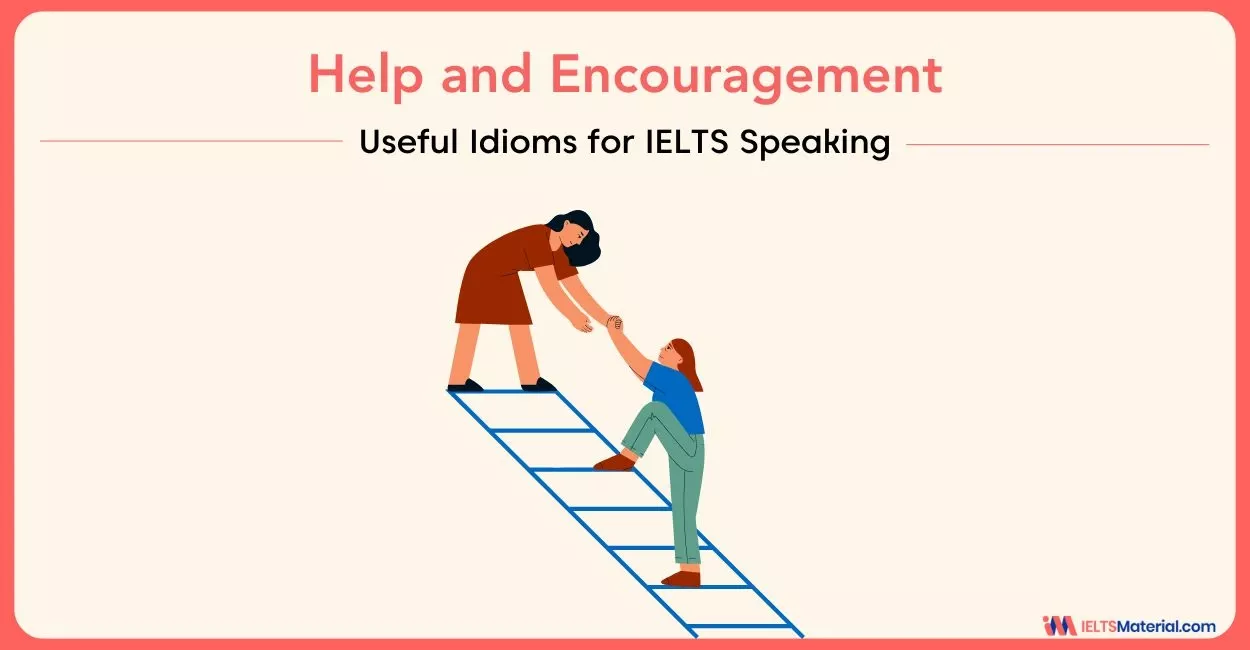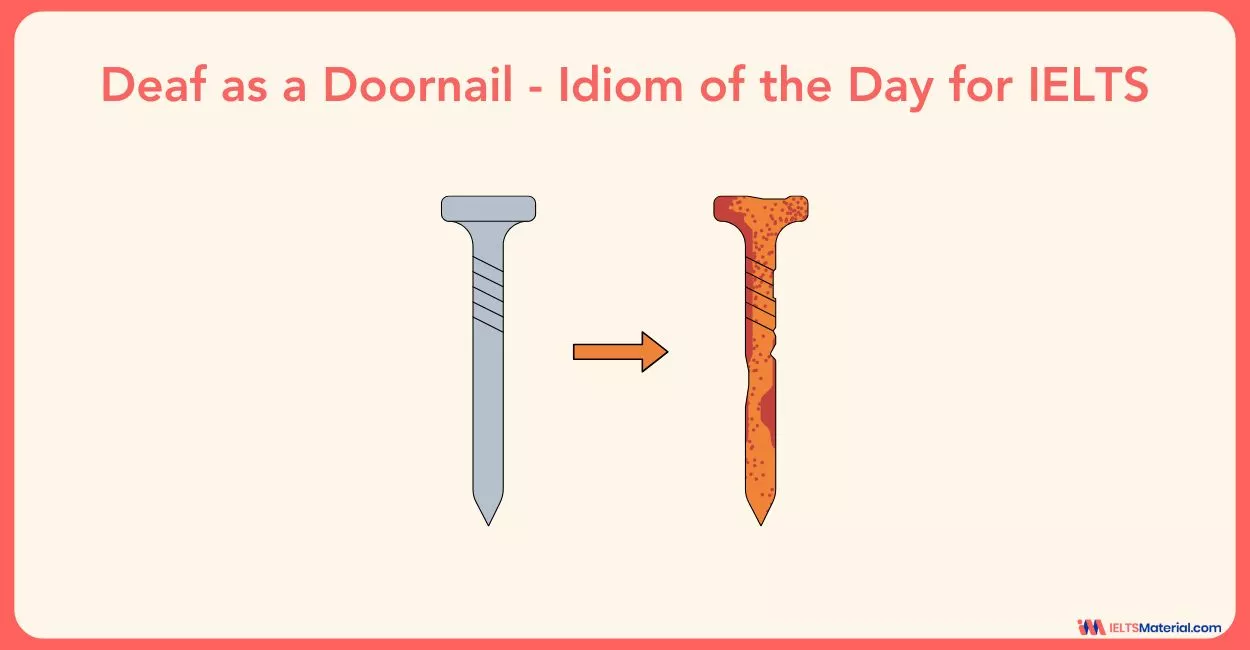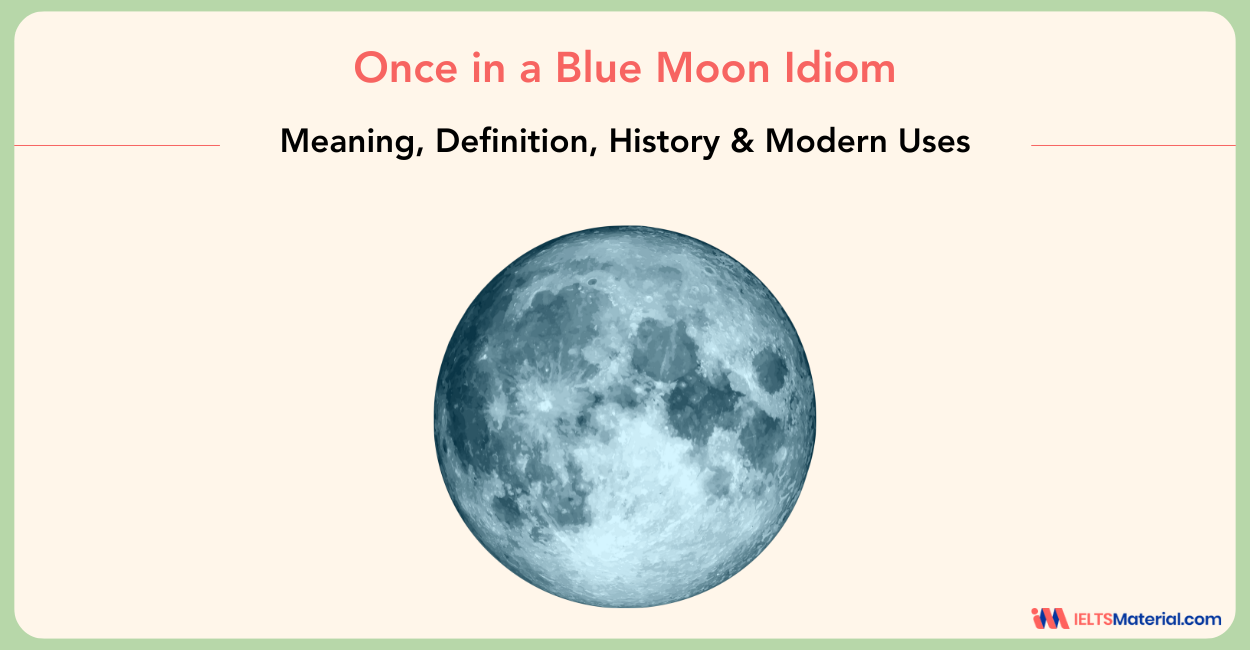Play It By Ear Idiom: Meaning, Origin, Usage & Exercises
The idiom 'play it by ear' means to decide how to deal with a situation as it develops, rather than acting according to earlier plans. Learn this idiom with this blog, which covers its history, usage examples and exercises for an IELTS band 8+ score.
Table of Contents

Limited-Time Offer : Access a FREE 10-Day IELTS Study Plan!
Idioms add a natural touch and variety to any language, especially in English. So, if you are preparing for a language proficiency test like the IELTS exam, mastering idioms can give you a competitive edge, particularly in the speaking and writing sections. One widely used and versatile idiom is ‘play it by ear’.
This blog post will explore the idiom's meaning, origin, usage, and provide examples for IELTS Speaking and Writing.
Play it by Ear Idiom: Meaning
The Cambridge Dictionary defines ‘play it by ear’ as ‘to decide how to deal with a situation as it develops rather than to make decisions in advance’.
The phrase implies dealing with something in an impromptu, unrehearsed way, without rigid adherence to set plans.
When you ‘play it by ear’, you take a casual, unstructured approach, seeing how things pan out at the moment before making your next move. You go with the flow, gauging the circumstances as they come up and basing your actions on your immediate observations and instincts. It’s the opposite of having a fixed strategy that you stick to no matter what.
Are you having difficulty improving your word power for IELTS?
Play it by Ear Idiom: History & Origin
The idiom ‘play it by ear’ originated in music. The expression comes from the idea of musicians playing a piece from memory or by following musical notation on the spot, without prior rehearsal. Jazz musicians would often improvise tunes on the fly, playing melodies and harmonies extemporaneously as inspiration struck them. This required attentive listening and quick reaction, relying on one’s musical intuition.
The phrase evolved into a more general metaphor meaning to do something in an impromptu, spur-of-the-moment way, without a set plan.
By the mid-20th century, ‘play it by ear’ had entered mainstream English usage to refer to any unplanned, improvisational approach based on spontaneous intuition.
Aiming to wow your IELTS examiner with your vocabulary?
Begin with our Vocabulary for IELTS!
Play It By Ear Idiom: Modern Usage
Today, ‘play it by ear’ is used broadly in everyday speech and writing. Some examples of how it’s commonly employed:
- I don’t have set plans for my vacation yet. I’ll just play it by ear.
- We haven’t finalized the agenda for tomorrow’s meeting. We’ll have to play it by ear.
- I’m not sure if I’ll have time to stop by this afternoon. I’ll play it by ear and see how my day goes.
- The project deadline is approaching but we still have a lot of work left. We’ll have to play it by ear and see how much we can get done before time runs out.
- The weather forecast says rain is likely today, but it’s hard to predict. I guess I’ll just play it by ear and bring an umbrella in case.
The phrase is useful when you want to convey flexibility, spontaneity, and taking things as they come. It implies not wanting to be locked into rigid plans and being open to handling situations at the moment.
Play it by Ear: Usage in IELTS
Given below are two examples of how you can use the idiom in IELTS Speaking when discussing plans, decisions, or uncertainty.
Example 1 – IELTS Speaking Part 1 (Topic: Free Time)
Q: What do you usually do on weekends?
A: I don’t usually make fixed plans for weekends. I prefer to play it by ear, depending on how I feel. Sometimes I go out with friends, and other times I just relax at home.
Example 2 – IELTS Speaking Part 3 (Topic: Travel Plans)
Q: Do you think it's better to plan every detail of a trip or be spontaneous?
A: I think having a basic plan is helpful, but it’s also exciting to play it by ear while traveling. Some of the best experiences come from making decisions on the spot based on the mood or weather.
Play it by Ear: Practice Exercises
Use the exercises below to learn how to use ‘play it by ear’ correctly.
- Choose the correct sentence using the idiom “play it by ear.”
- She followed the recipe exactly to bake the cake.
- He decided to play it by ear and choose the dish based on the restaurant’s specialties.
- The musician practiced the piano piece repeatedly to perfect it.
- The team created a detailed project timeline to meet the deadlines.
- Which scenario best illustrates the use of “play it by ear”?
- A student strictly adheres to a daily study schedule.
- A traveler follows a detailed itinerary during a guided tour.
- A group of friends plans to explore local attractions without a fixed plan.
- An athlete rigorously trains for a marathon using a specific training program.
- In which situation would “play it by ear” be an appropriate response?
- Following a step-by-step recipe to cook a meal
- Rehearsing a speech multiple times before delivering it
- Making spontaneous decisions about sightseeing during a vacation
- Creating a structured plan for a team project
- Choose the sentence that correctly uses the idiom “play it by ear.”
- The scientist meticulously followed the experimental procedure to ensure accurate results.
- She preferred to play it by ear, meticulously rehearsing her lines for the play.
- Without a fixed agenda, they decided to play it by ear and explore the city freely.
- The team strictly adhered to the project timeline, meeting all the deadlines.
- Which scenario exemplifies the essence of “playing it by ear”?
- A chess player follows a well-thought-out strategy during a match.
- An entrepreneur carefully plans and executes each step of a business launch.
- A group of adventurers sets out on a journey without a predefined route, embracing spontaneity.
- A mathematician solves complex equations systematically, arriving at accurate solutions.
Answers
Here are the answers to the Multiple-Choice Questions:
- b) He decided to play it by ear and choose the dish based on the restaurant’s specialties.
- c) A group of friends plans to explore local attractions without a fixed plan.
- c) Making spontaneous decisions about sightseeing during a vacation
- c) Without a fixed agenda, they decided to play it by ear and explore the city freely.
- c) A group of adventurers sets out on a journey without a predefined route, embracing spontaneity.
To sum up, IELTS is about grammar and vocabulary. Learning idioms like ‘play it by ear’ allows you to express ideas more naturally, especially in high-stakes exams like the IELTS. So the next time someone asks you about your weekend plans, don’t say, ‘I’m not sure.’ Instead, smile and say, ‘I’ll play it by ear’!
Useful Links:
Explore IELTS Resources

Start Preparing for IELTS: Get Your 10-Day Study Plan Today!
Check out other Idiom Articles

Kasturika Samanta

Kasturika Samanta

Nehasri Ravishenbagam
Recent Articles

Kasturika Samanta

Nehasri Ravishenbagam

Kasturika Samanta





Post your Comments